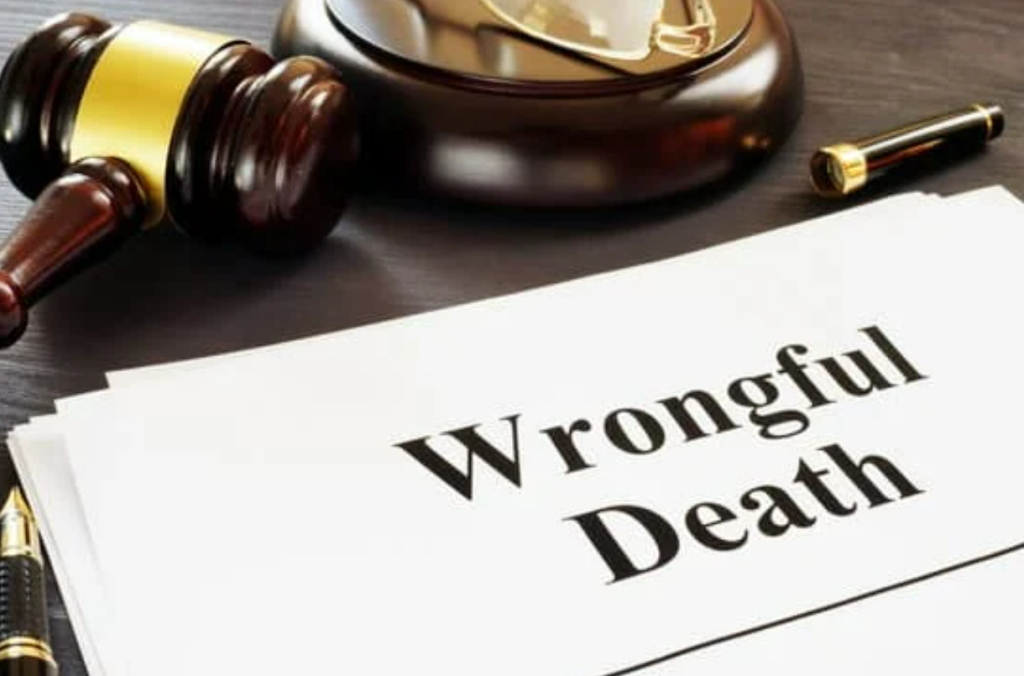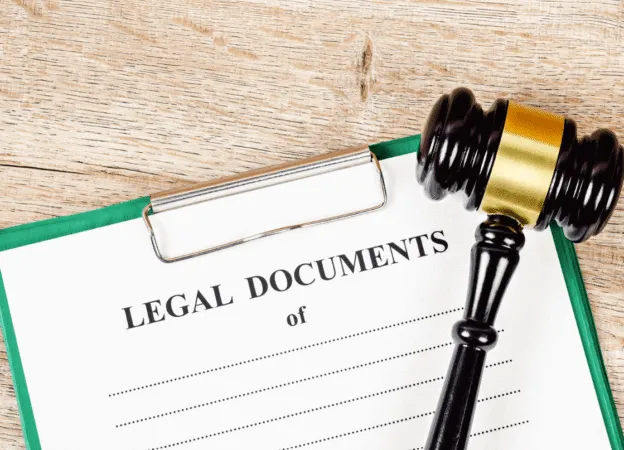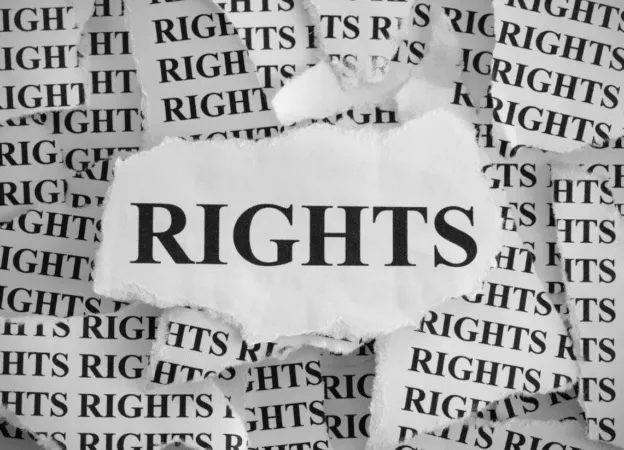A wrongful death settlement is a legal resolution that aims to provide compensation to the surviving family members or dependents of an individual who has died due to the negligence or wrongful actions of another party.
Table of Contents
Damages are the losses you’ve suffered because of someone else’s actions. In a wrongful death case, damages can include financial losses, emotional losses, and more. These damages are the things you can ask for when you pursue a wrongful death claim.

Types of Damages You Can Expect in a Wrongful Death Settlement
Here are some of the factors that would be calculated in your death settlement should you file a wrongful death suit:
Funeral Expenses
We all know how expensive funerals are. The costs involved can include the funeral service itself, embalming, transportation of the body, the casket, the burial or cremation, and even the headstone or memorial. If you add up all of these costs, they might run up to thousands of dollars.
If your loved one passed away due to wrongful death, you may be able to claim these costs as part of your compensation. This means that the person or entity responsible for their death might be required to pay for the funeral expenses, so you’re not left carrying that financial burden while you’re still grieving.

Wrongful Death Settlement – Lost Wages and Benefits
Lost wages and benefits are meant to compensate for the income that your loved one would have earned had they not passed away. If they were still working at the time of their death, you might be entitled to claim the wages and benefits they would have received had they lived and continued to work.
These damages typically cover things like their salary, bonuses, and even benefits like health insurance or retirement contributions.
If your loved one was working full-time, the loss of their income could make it difficult to maintain the same standard of living, and these damages help to replace some of that financial support.
For example, if they had been planning to help pay bills, cover the mortgage, or contribute to the family’s savings, this compensation can offset some of the financial hardships you may now face.
Loss of Companionship
Loss of companionship is another type of damage you may be able to claim. When you lose a loved one, you’re not just losing someone who was related to you or a friend.
You’re also losing a companion, the person you shared your life with, laughed with, and relied on. This kind of loss can leave a huge gap in your life, and the law recognizes this.
For example, if you lose a spouse, your life changes dramatically. You may no longer have someone to share everyday moments with, make decisions together with, or enjoy life with.
The loss of companionship damages is meant to compensate for the emotional and social void left behind by the person.
Punitive Damages
Punitive damages are a bit different from other types of damages. They are designed to punish the person or company responsible for your loved one’s death. Punitive damages are usually only awarded when the responsible party’s actions are extremely careless or intentionally harmful.
For example, if the person who caused the accident was driving drunk, or if a company was knowingly selling dangerous products that led to someone’s death, punitive damages might apply.
The goal here is to make sure that the responsible party feels the consequences of their actions in a way that goes beyond just paying for the harm they’ve caused.

Emotional Distress
Emotional distress is a type of damage that aims to compensate you for the mental and emotional toll the wrongful death has caused. Emotional distress covers a range of mental health challenges you may face as a result of the death. This can include anxiety, depression, or even post-traumatic stress disorder (PTSD).
Losing a loved one in a traumatic way, especially when the death was unexpected or caused by someone’s careless or malicious actions, can lead to a lot of mental health challenges.
You may find yourself struggling with constant worry, sleepless nights, or feelings of hopelessness. Emotional distress damages are meant to help with the mental and emotional pain that can linger long after the funeral.
In a wrongful death settlement, the law recognizes that mental health struggles can be just as serious as physical injuries and deserve attention and support.



